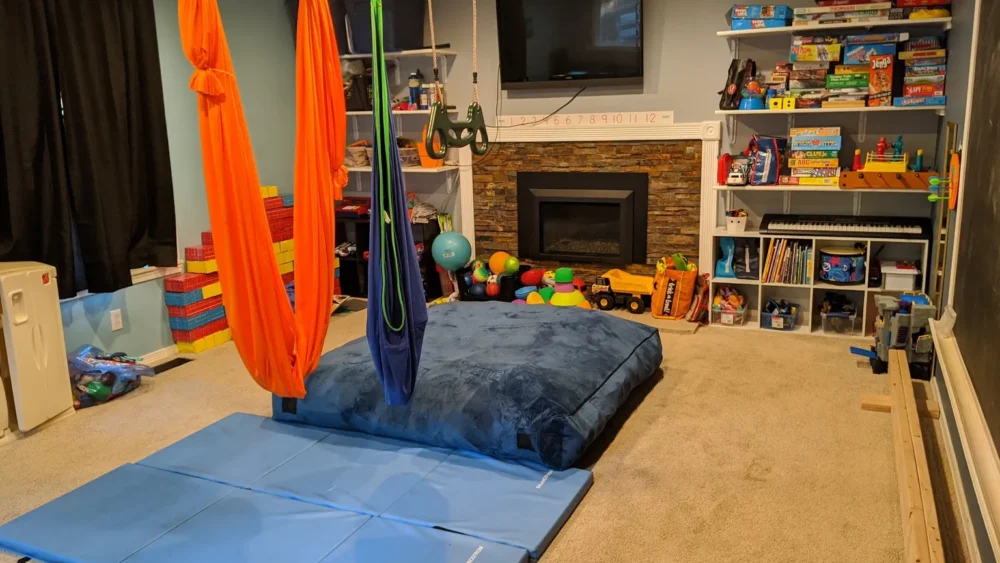Thanks to Ashley Jochim, an independent education reporter, for reporting on CLE’s Charter School Equity, Growth, Quality, and Sustainability Study.
For many Washington families, navigating special education is a daily struggle that ends with disappointment and despair. Some Washington charter schools are upending this long-standing equation, giving parents and their children with disabilities something entirely different: hope for the future.
Students with disabilities have long factored prominently in opponents’ critiques of charter schools. Such concerns have spawned a cottage industry of journalists and lawmakers ostensibly on a mission to uncover examples of the sector’s misdeeds.
Often missing from this conversation is traditional public schools’ own poor record of results. Students with disabilities attending traditional public schools have long been relegated to educational settings characterized by low expectations and high rates of failure. Washington state is Ground Zero for these challenges, ranked 44 out of 50 in terms of inclusive education and hosting a special education system riddled by parental complaints, oversight failures, and districts deemed in need of intervention.
This record of failure factored prominently into the stories seven families shared with me when I asked what led them to enroll their children in charter schools. The interviews, which were captured as part of a broader study by the Center for Learner Equity, put in sharp relief the human consequences associated with Washington state’s failed approach to special education.

Comments are closed.